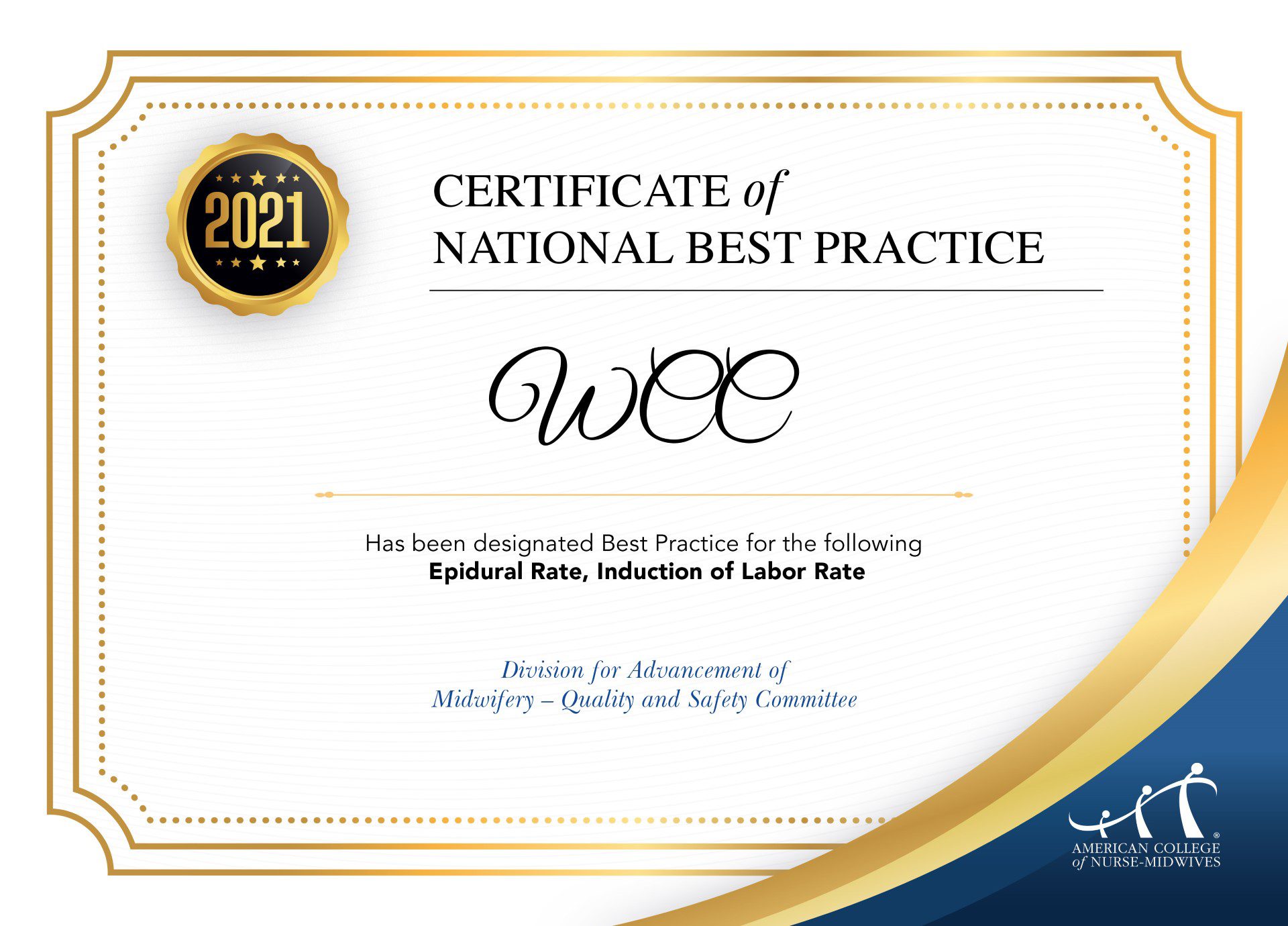
Let’s be honest: most of us turn to the internet even before we turn to humans for answers to our questions. What kind of camera should I buy? When is the best time of year to visit Alaska? How do I braise leeks? These all result in some fairly solid answers with little variance. But, if you have ever Googled symptoms, you likely discovered that you have cancer – no matter what that symptom was.
This is not to make light of cancer – there are no jokes to be had there. This is to point out that turning to the internet as your source of medical advice should be done very cautiously. I must admit, that when a patient looks me in the eye and says, “I did some research,” I interpret that as, “I Googled this,” (because I know that’s what she means) and brace myself to undo whatever scary and conflicting things were found during said “research.”
Since there is no stopping this method of inquiry and the convenience is unbeatable, let’s talk about some things to look for that will help determine the reliability of your source.

Questionable:
Someone’s blog, bulletin board, or social media post
The presence of slang; “NBD”, “vag”
Everything on the page indicates a horrendous problem is at hand (If your symptom was truly that dangerous, you would probably not be in the condition to Google)
No other sources fully agree with this one
Reputable:
There are numerous citations at the end stating the source of information
Published in association with a University (such as University of Wisconsin), Hospital (like Mayo Clinic) or trusted organization (e.g. ACNM, ACOG, AAP, CDC…)
Information that is clearly from a credible journal
You have found a consistently reliable site (americanpregnancy.org) or informative books your provider gave you (like the one WomanCare Centers offers)
A solid search of reputable sources will provide helpful information and a certain course of action, while prolonged Googling that includes questionable sites often results in mixed messages, increased worry, and after-hours panicked calls to your provider. (Like the call from a frantic mom-to-be who ate ham on Christmas Eve and was now certain she had poisoned the baby. Another good point: The time to do research is before you ingest the substance of concern.)
Wise Consumer
If your investigation causes you to worry every time you turn to the internet, it may be best for you to limit your exposure in favor of personal conversations with and guidance from your healthcare provider. (If your family tells you to stay off the internet, you fall into this category.) The bottom line is, as with everything else, you need to be a wise consumer.
(And please stop calling it “research.” It is an affront to researchers everywhere. Just say you looked it up on the internet.)






